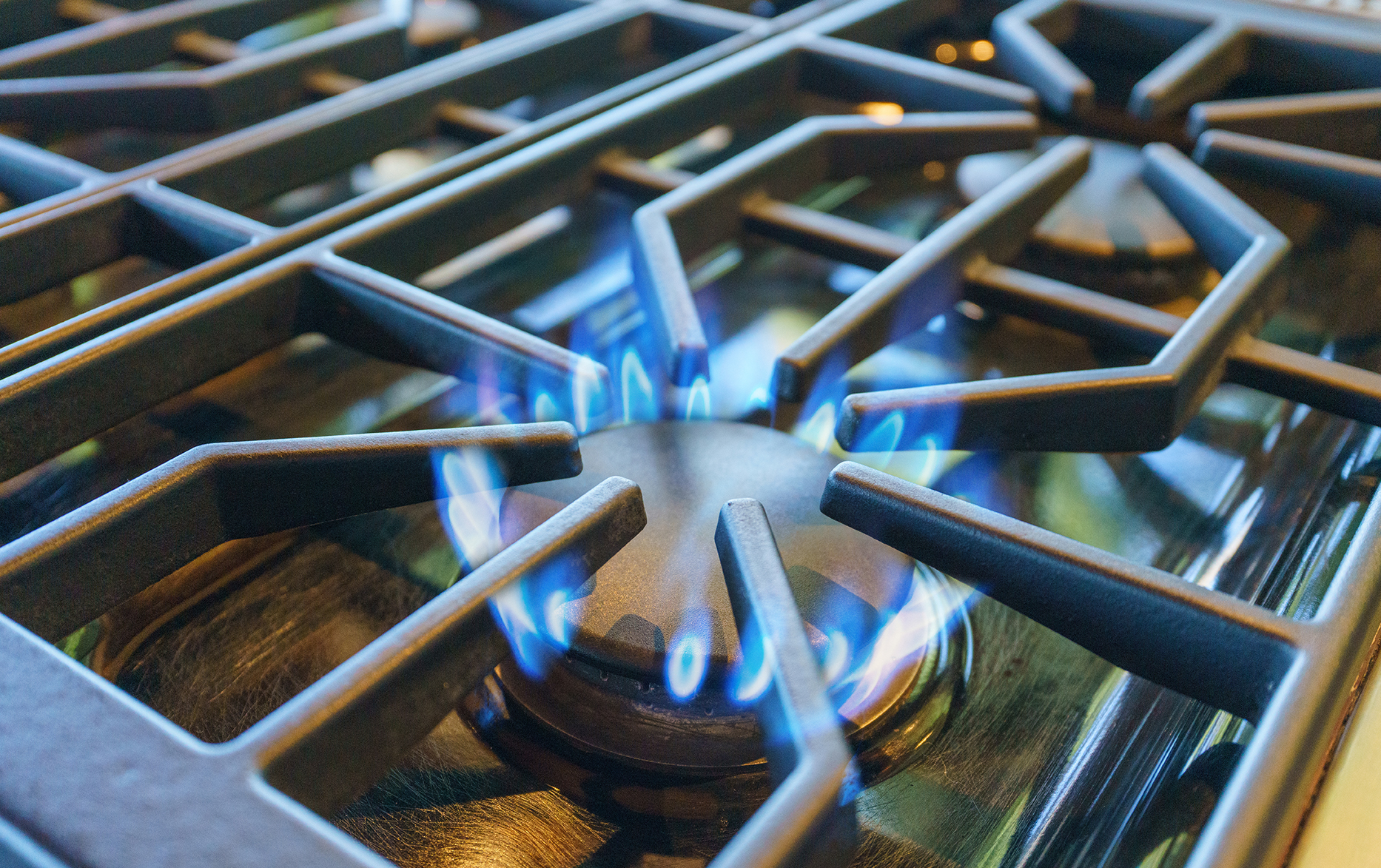

No matter how diligently you try to clean as you go, grease, sauces and soups are bound to spill, splatter and get baked onto your gas stove grates. This caked-on grime can accumulate and turn porcelain, stainless steel and cast iron grates black and crusty. The easiest way to keep your cooktop clean might be to just stop using it altogether (pause for laughter).
Not only do greasy gas burner grates make your oven look dirty, they can also affect your cooking, present a fire hazard and expose you to harmful bacteria left behind by old food. Even if you manage to avoid food poisoning and accidental fires, dirty stove grates will undoubtedly lead to smoke that can set off your smoke detectors.
You may be inclined to reach for a commercial oven cleaner to clean grease off your stove top grates. Despite their convenience, these are often a harsh cocktail of various chemicals, including lye and petroleum distillates. A popular alternative method involves soaking grates in sealed plastic or trash bags with half a cup of ammonia. This may work well, but ammonia is an extremely strong chemical that requires you to wear gloves and a respirator mask.
Cleaning stove top grates with vinegar, baking soda or myriad other natural methods is safer than cleaning with ammonia, but may simply not be strong enough and will require a lot of tough scrubbing.
Allow the stove burners to cool completely before cleaning. Use caution and avoid getting the pilot light and electric starters (igniters) wet.